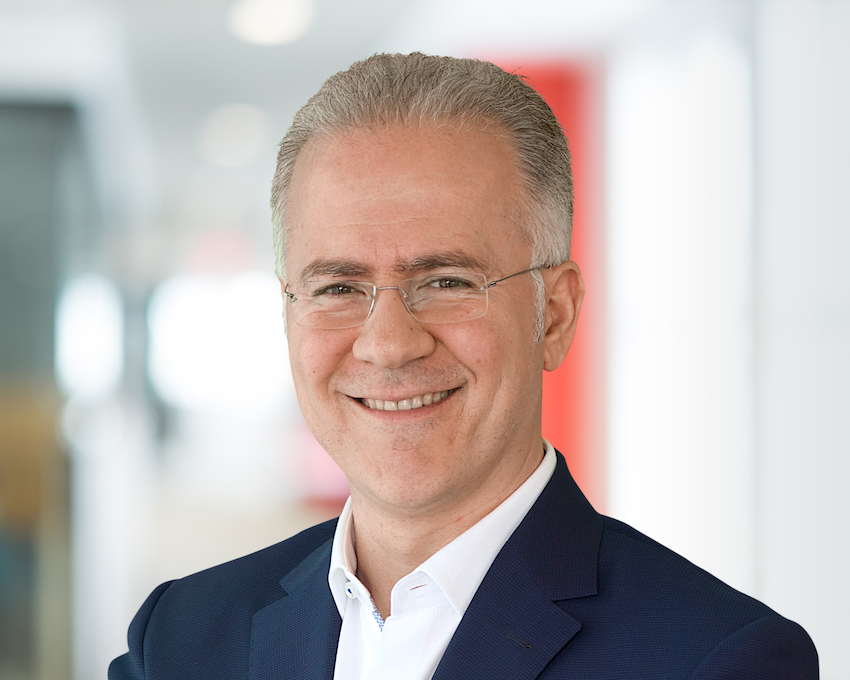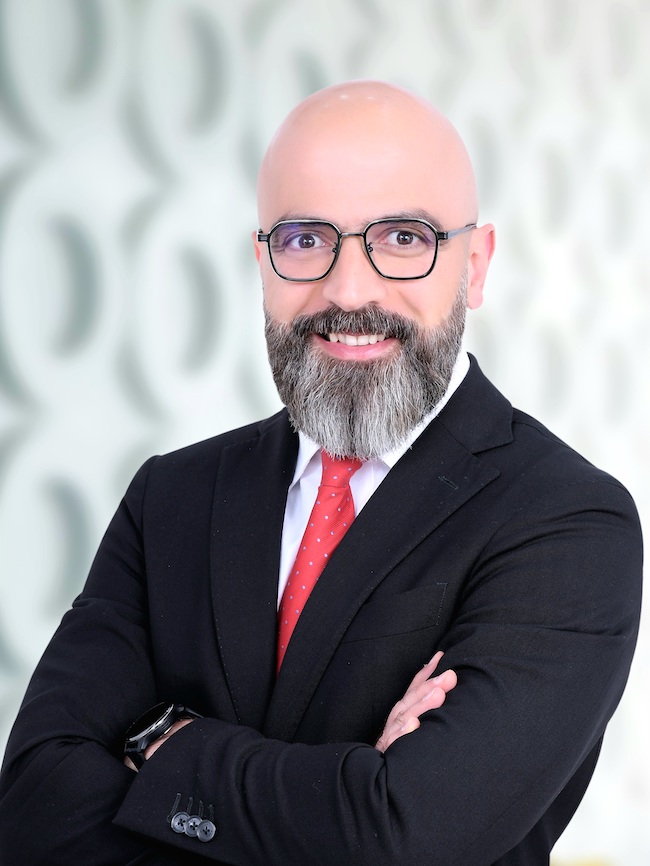RIYADH: Saudi Arabia is set to elevate its tourism and services to a “world-class experience” through cloud-powered digital solutions by partnering with enterprise software developer Informatica Inc., said a senior executive.
In an interview with Arab News, the company’s CEO, Amit Walia, expressed admiration for the rapid growth of tourism and the significant attention the Kingdom has given to enhancing the journey for visitors.
Walia said: “I was very impressed and amazed by the amount of focus on the end customer, the tourist, and how to make that experience the best in the world. Making sure that the information is readily available so that the experience is great.”
He emphasized that the company wants to assist in achieving this goal and can contribute to developing tourism and infrastructure in Saudi Arabia.
Walia highlighted the potential to enhance visitor experiences, both religious and non-religious, by leveraging data and technology in areas such as transportation, accommodation, and leisure facilities.
Informatica enables businesses to utilize their information and AI by connecting and managing data across any multi-cloud or hybrid system, facilitating modern business strategies.
The CEO spoke to Arab News on the sidelines of the first major data innovation summit, Informatica Summit Saudi Arabia 2024, in Riyadh.
The gathering was organized to outline a roadmap for how the nation can fast-track its vision of becoming a cloud-first, data-driven state ahead of the World Expo 2030.
He stressed the company’s ability to manage supply chains and ensure data security and governance, suggesting that these capabilities can enhance the Kingdom’s operational efficiency as a digital enterprise.
Walia also highlighted Informatica’s belief that its investment in Saudi Arabia will accelerate the nation’s AI and cloud-focused digital transformation, ultimately benefiting its advancement.
“All the big partners you have standardized on Informatica. We believe we can help the Kingdom not just meet its 2030 goal, but I think they can do it sooner, and we want to be a part of that story,” he said.
Emphasizing the critical role of cloud technology in driving digital transformation, particularly in the context of AI, Walia asserted that cloud infrastructure is essential for enabling these technological developments.
He highlighted the importance of data management, stating that high-quality data is crucial for achieving accurate results in AI applications.
The company is set to open its first-ever office in the Kingdom in the coming months, reinforcing its presence in the region.
The CEO expressed confidence that Informatica’s development in Saudi Arabia would surpass its growth in any other region, particularly compared to its European expansion.
“My belief is that our growth in the Kingdom will be far, far faster than in any other region on the European continent that we’ve had. My firm belief is that, and we’re investing accordingly,” Walia said.
During the interview, Walia noted that the company collaborated with Google Cloud to establish a regional data delivery infrastructure, ensuring security.
He further explained that partnerships with global system integrators and local agencies aim to standardize governance and privacy practices across the country.
“It’s a very deep partnership. We’ve been working with Google Cloud from its very early days. And our goal here in the Kingdom is to make sure that all of our cloud platforms for data management are available locally,” Walia said.
He continued: “Expect us to be talking about that a lot more in the coming months and weeks, to be the backbone of all things related to good and secure data management for the Kingdom.”
He concluded the interview by underscoring the importance of data management in the era of AI-driven advancements. Walia emphasized that while AI is powerful, it only generates value when paired with high-quality data.
“The AI does not deliver any value. AI only delivers value if it has good data paired with it. And data can only become good; data by itself is not good. It’s of poor quality and fragmented. Data becomes good when you manage it. That’s data management. That’s what we do,” he said.
Walia added, “Informatica has been doing data management for 30 years. We’ve been the number one company that does that at scale. Our platform runs 92 trillion transactions a month and grows 100 percent every year.”
In April, Informatica launched its AI-powered Intelligent Data Management Cloud platform in Saudi Arabia, representing a groundbreaking move for the Kingdom.
This initiative involved setting up a new point of delivery in Riyadh on Google Cloud, allowing the company to enhance support for local partners and organizations with its cloud data management platform in accordance with local regulations.
























